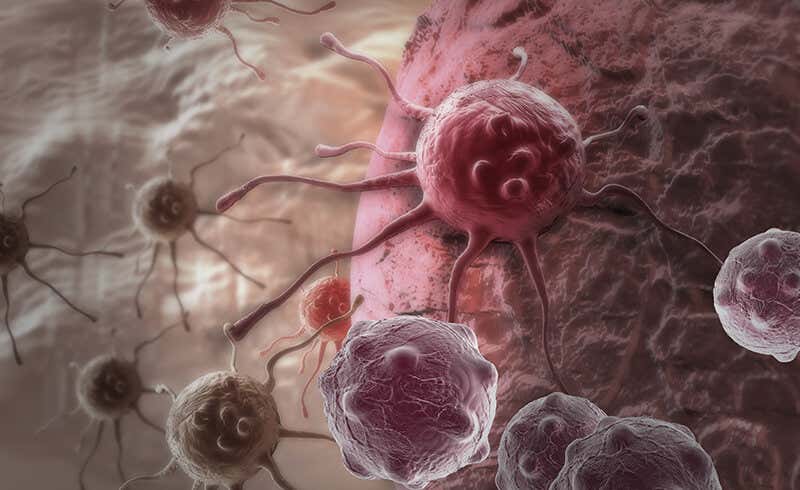MENARINI is a fully integrated privately owned pharma company with a long and successful heritage in strategic partnering across the globe. We have a profound know-how stemming from our strong R&D capabilities in key therapeutic areas, coupled with our excellence in commercial execution and our powerful direct presence on a global basis.
Breast Cancer
Breast cancer is the most frequent malignancy among women and is a heterogeneous disease characterized by various histopathological and molecular features, that result in different diagnosis, clinical outcomes and response to interventions. The global incidence has been rising in the last decades and this trend is likely to continue.
From a molecular perspective, breast cancer can be grouped into distinct subtypes according to the expression of specific receptors on the surface of cancer cells:
- Human Epidermal growth factor Receptor 2 (HER2)-positive breast cancer is characterized by the over-expression of HER2 protein on the surface of cancer cells. It is an aggressive type of tumor, especially if left untreated;
- Hormone Receptor (HR) positive breast cancer is the most common subtype of the disease and is characterized by the high expression of estrogen receptor (ER+) and/or progesterone receptor (PR+) in tumor cells;
- Triple-Negative Breast Cancer (TNBC) is characterized by the lack or very low expression of ER, PR and HER2 protein in the tumor cells. In this case, the uncontrolled growth of cancer cells is not triggered by the estrogen and progesterone, or by the HER2 protein receptors.
The discovery of the ER and HER2 as cancer therapeutic targets led to the paradigm of more effective “precision medicines” for patients with breast cancer in early-stage disease.
Advances in HER2 targeted therapies have also improved survival of patients with HER2-positive disease. Indeed, for the treatment of HER2-positive breast cancer, specific therapeutic options as anti-HER2 antibodies and small molecules are now available. These agents block HER2-dependent signals that lead to cancer cell proliferation and growth. Unfortunately, however, a significant proportion of breast cancer patients will develop local progression or distant metastases, which remain the principal cause of death for these patients.
The HR+/HER2- is the most common subtype of breast cancer and, according to a recent statistic, accounts for 68% of cases between women (NIH data). Endocrine therapy (ET) is the mainstay of treatment for HR positive breast cancer and has the objective of reducing hormone levels to inhibit ERs and/or PRs tumor signaling. Some patients do however develop ET-resistance after this treatment. This resistance involves the development of mutations in the ESR1 gene, and is associated with more severe prognosis. Selective estrogen receptor degraders (SERD) are used for both early stage breast cancer and also metastatic breast cancer with drug-resistance. Responding to the important unmet medical need of acquired resistance to therapy in breast cancer, and due to advancement in scientific and medical research a new class of oral SERDs have been developed. The new class of medicines (including Menarini’s SERD) have an improved oral bioavailability and no requirement for intramuscular injection. It is hoped that these oral SERDs could be able to overcome the adverse effect of ER resistance, and therefore have a positive impact for patients.
Triple-negative breast cancer does not respond to hormonal therapy or drugs that target HER2 protein receptors and the treatment strategy for this type of breast cancer can include a combination of surgery, radiation, and chemotherapy in early stages. In advanced stages chemotherapy, immunotherapy and the use of targeted antibody-drug conjugates are effective options to control the disease.
Until very recently, a major challenge in drug development had been the lack of identifying breast cancer targets based on well validated gene drivers in breast cancer, with the exception of ER, ESR1, HER-2, PIK3CA and ATK1 biomarkers. In this regard, the Menarini team and collaborators, has been analyzing the genomic and immune landscape of patients with metastatic breast cancer and validating potential therapeutic targets in the preclinical and clinical settings.

























